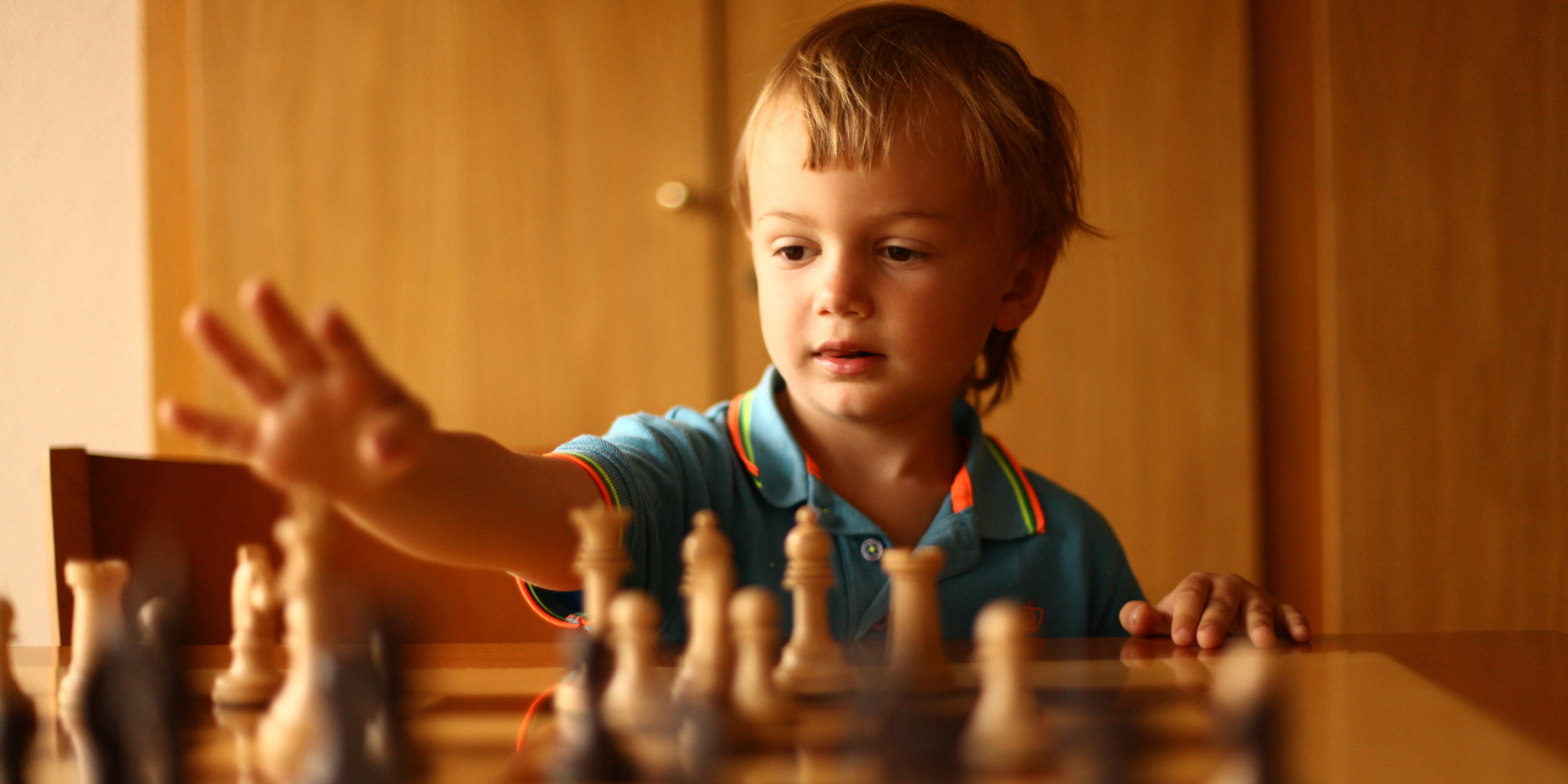Little challenges such as group games help a child progress his interactive skills and sense of camaraderie toward fellowmen. Most of the times, kids act as—well—kids. They feel bad in losing a game and act out the hurt feelings of one who has just lost. This sore-loser attitude comes rampant with kindergarten kiddos, but should be outgrown as the kid emotionally progresses.

Can this “sore-loser” attitude really be outgrown? Kids are malleable and teachable; hence they can be lead into the good manners and proper conduct. With proper guidance and teaching (first) from the parent, children will understand sportsmanship. Remember that children that exhibit positive attitude or sportsmanship are positively popular and well-loved with peers. So how do you help your child not to be a sore loser, but one that radiates good behavior and sportsmanship?

- Be your child’s role model of good gamesmanship. Every child has to have a good role model for virtues, vote yourself to be one. Whether you like it or now, you are your child’s first iconic figure so better be good at it. Conduct yourself with dignity when you “lose” and give a graceful not-so-literal bow when you “won.” Your child will get these actions or good habits and copy them.
- Train your child how to manage his anger. First, help him understand his feelings through asking him. Communicate with your kid after the game. You may see him sulking, so this kind of reaction would be your cue. Explain to him these feelings and introduce how you may help him overcome such negative reactions. Sore losers usually give more drastic reactions such as giving a fit or throwing things which are right in front of him. When this happens, let him be. After he calms down, have a nice chitchat over a glass of milk (and maybe some Oreos) and tell him the negative effects of such behavior. You may want to give examples, give them in manner that he will understand.
- Pay no attention when your child throws one of his tantrums after losing a game. Give him not a proper audience or pamper him by trying to soothe his feelings. Sooner or later, he would realize that behaving badly don’t acquire him spectators and can be awkward all the same.
- Don’t let your child win games every time you play. Give allowances and let your child know that it’s not always about winning, but how everyone enjoys a good game. You don’t have to be ruthless though, be sparing as you are teaching him about proper conduct during a game. Do not rub the salt where you apparently know it hurts. Let him know who it is to be graceful as a winner and as one who lost.
- Teach your child how to be a graceful winner. You let yourself win even once in a while, don’t you? Then take that juncture to set a perfect example as a graceful winner. Avoid bragging about your winning. Again, the word “sparingly” should be applied in your act. Shake your child’s hands after the game and tell words like: “good game,” “thanks for the good game,” and “I enjoy our game a lot!” This sets your child’s attention at the fun and not on his losing.
- Give your child praises for his hard work regardless of the game result. Pinpoint not only his achievements but his attitude during the team play. You may say, “I like how you play with the team!”

